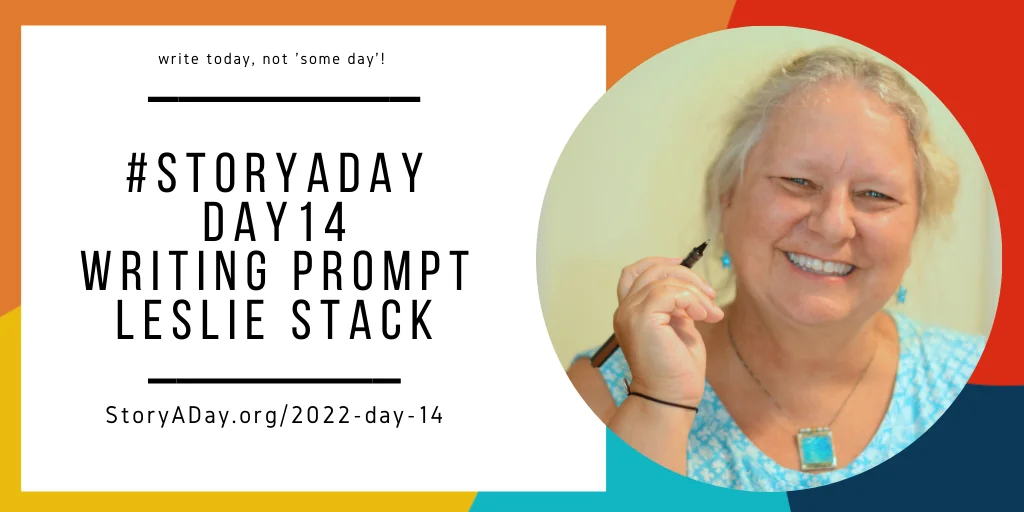The Prompt
“If only I could go back and do it over again, I would…
” How many times have we said that to ourselves?
In JK Rowling’s “The Prisoner of Azkaban,” Hermione Granger had a time turner necklace where she could turn back time to allow her to attend more classes, but more importantly, save two lives.
Whether it’s changing one seemingly small decision or a whole lifetime of decisions, there is usually one thing that we would change if we could.
Something that would make a difference in just one life or many more.
What is your character’s one thing?
Leslie Stack
Leslie Stack is a writer, musician, camper, and teacher who loves being on the water or in a museum. You can usually find her doing research behind dark glasses on a park bench. She lives in a house in Pennsylvania with her husband where the books are plotting a takeover.

Join the discussion: what will you do with today’s prompt OR how did it go? Need support? Post here!



